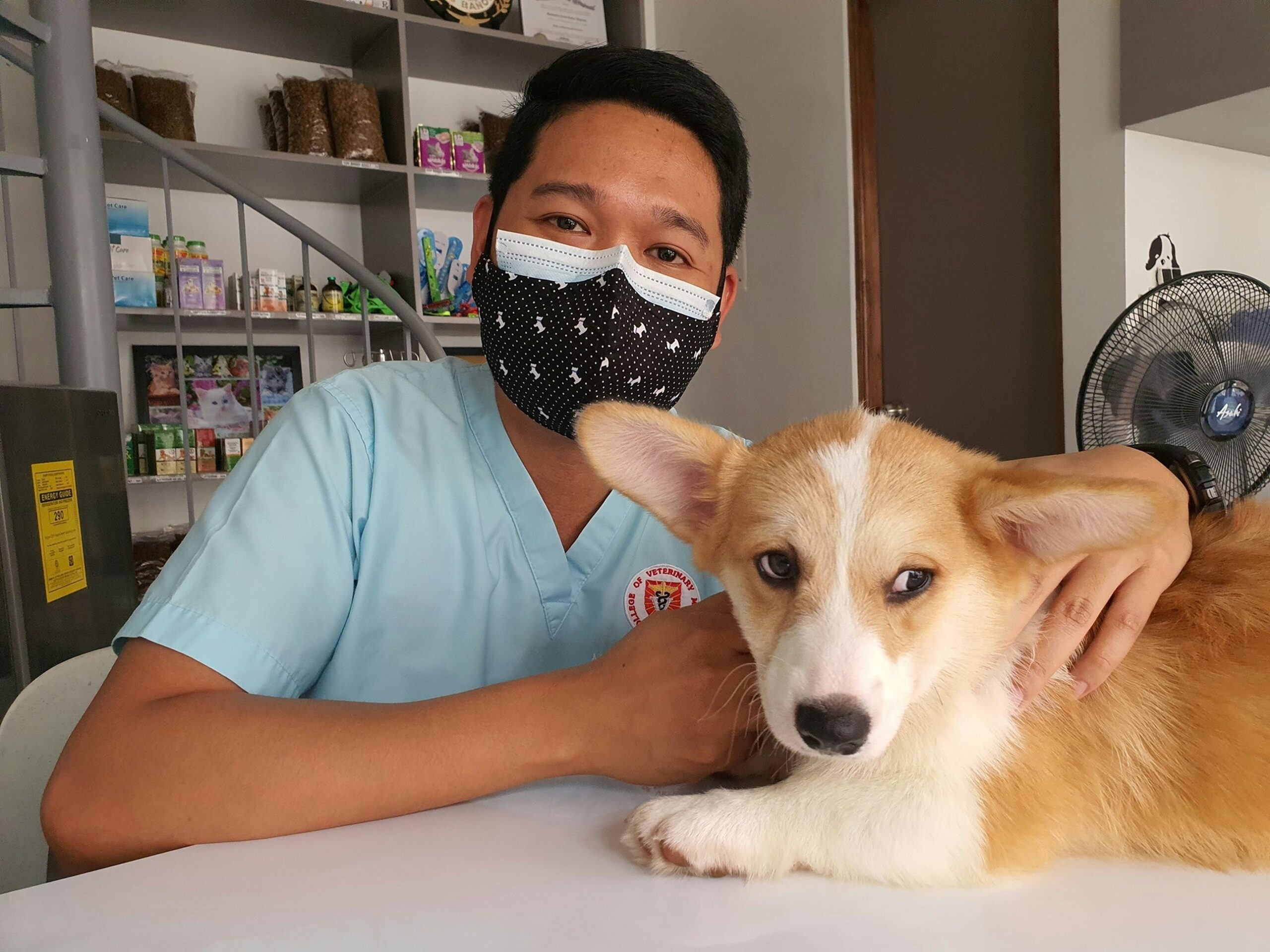One of the most common questions I get as a veterinarian is, “Which breed of dog or cat should I buy?” It’s an understandable question. People want to find a pet that suits their lifestyle and will live a long, healthy life. However, my answer often surprises them: adopting a mixed-breed pet is the best choice for both health and temperament.
While purebred dogs and cats may have predictable appearances and certain desirable traits, they also come with a higher risk of genetic health issues due to generations of selective breeding.
In contrast, mixed-breed pets tend to be healthier and have well-rounded temperaments, making them wonderful companions. Additionally, choosing to adopt from a shelter or rescue organization not only benefits the pet owner but also helps address the growing issue of pet overpopulation. Let’s explore why mixed-breed pets are often the superior choice when selecting a new furry family member.
Health Considerations: Why Mixed Breeds Are Often Healthier
Genetic Diversity and Hybrid Vigor
One of the biggest advantages of adopting a mixed-breed pet is their genetic diversity. Purebred dogs and cats are bred within a limited gene pool, which increases the likelihood of inherited health conditions. In contrast, mixed breeds benefit from what’s known as hybrid vigor, where genetic variation reduces the risk of hereditary diseases. This means that mixed-breed pets are often healthier, live longer, and require fewer veterinary interventions over their lifetime.
Common Health Problems in Purebred Dogs and Cats
Many purebred animals suffer from specific health issues due to selective breeding practices that prioritize appearance or breed standards over overall well-being. Some common health problems in purebred dogs and cats include:
- Dogs:
- Labrador Retrievers & Golden Retrievers – Prone to skin conditions and allergies.
- Bulldogs, French Bulldogs & Boston Terriers – Brachycephalic breeds often struggle with respiratory problems due to their short noses.
- Large Breeds (German Shepherds, Great Danes, etc.) – High risk of hip dysplasia, ACL injuries, and even bone cancer.
- Dachshunds – Prone to spinal issues due to their elongated backs.
- Cavalier King Charles Spaniels – Frequently suffer from heart disease.
- Dalmatians – Often experience urinary tract problems, including bladder stones.
- Cats:
- Persians & Himalayans – Brachycephalic faces cause breathing and eye problems.
- Maine Coons & Ragdolls – Higher risk of heart disease.
While responsible breeding can mitigate some risks, the reality is that purebred pets often require costly medical care throughout their lives. Choosing a mixed-breed pet can lead to fewer health concerns and lower veterinary bills over time.
Cost Savings on Vet Bills
Fewer inherited health problems translate to lower medical expenses. Purebred pets are more likely to need specialty treatments, surgeries, and medications, which can add up over the years. By choosing a mixed breed, pet owners may save thousands of dollars on healthcare costs while enjoying the benefits of a healthier companion.
Temperament: Understanding Behavior Differences
The Nature vs. Nurture Debate in Pet Personality
Temperament is an important factor when choosing a pet, and many people assume that purebred animals have more predictable personalities. While certain breeds are known for specific traits: Golden Retrievers are friendly, Border Collies are intelligent, and Poodles are trainable, there are always exceptions. A dog or cat’s personality is shaped not only by their genetics but also by their environment, early socialization, and training.
Why Mixed-Breed Pets Tend to Have Balanced Personalities
Mixed-breed pets often exhibit a more balanced temperament because they inherit a blend of traits rather than exaggerated characteristics from one specific breed. For example, a mixed-breed dog with both high-energy and laid-back ancestors may have a moderate energy level, making them easier to integrate into different households. Similarly, mixed-breed cats often display a variety of social and independent tendencies, making them adaptable companions.
The Importance of Temperament Testing
Regardless of breed, it’s always a good idea to evaluate a pet’s temperament before bringing them home. Many shelters and rescues conduct temperament testing to assess how an animal interacts with people, other pets, and different environments. This can help prospective pet owners find a companion that fits their lifestyle, whether they need a playful and energetic pet or a calm and affectionate one.
The Ethical Side: Why Adoption Saves Lives
The Overpopulation Crisis
Every year, millions of dogs and cats enter animal shelters, and sadly, many of them never find homes. For every purebred pet purchased from a breeder, several shelter animals are left waiting, or worse, euthanized due to overcrowding. While responsible breeders do exist, the demand for purebred animals contributes to an ongoing overpopulation problem that could be significantly reduced if more people chose to adopt. By adopting a mixed-breed pet, you’re not only gaining a loving companion but also helping to reduce the number of homeless animals.
Dispelling Myths About Shelter Pets
Some people hesitate to adopt from a shelter because they believe shelter pets are “damaged” or have behavioral issues. In reality, most animals end up in shelters due to circumstances beyond their control, such as owners moving, financial hardships, or simply a lack of time to care for a pet. Many shelter animals are already house-trained, socialized, and ready to become part of a loving family. Additionally, shelters and rescues often provide medical care, vaccinations, and spaying/neutering services before adoption, making them a responsible and cost-effective option.
The Uniqueness Factor
One of the best things about adopting a mixed-breed pet is that no two are exactly alike. Unlike purebreds, which are bred for uniformity, mixed-breed animals come in a variety of shapes, sizes, and colors, each with their own unique personality. When you adopt, you’re getting a one-of-a-kind pet, truly special in both looks and temperament.
Conclusion
Choosing a pet is a big decision, and while many people are drawn to specific breeds, it’s important to consider the long-term health, temperament, and ethical implications of that choice. Mixed-breed pets often live healthier lives, have balanced temperaments, and come with the added benefit of reducing the pet overpopulation crisis. By adopting, you’re not only gaining a loyal companion, you’re also giving an animal a second chance at life. Next time you’re thinking about bringing a pet into your home, visit a local shelter or rescue organization. You might just find the perfect furry friend waiting for you.






